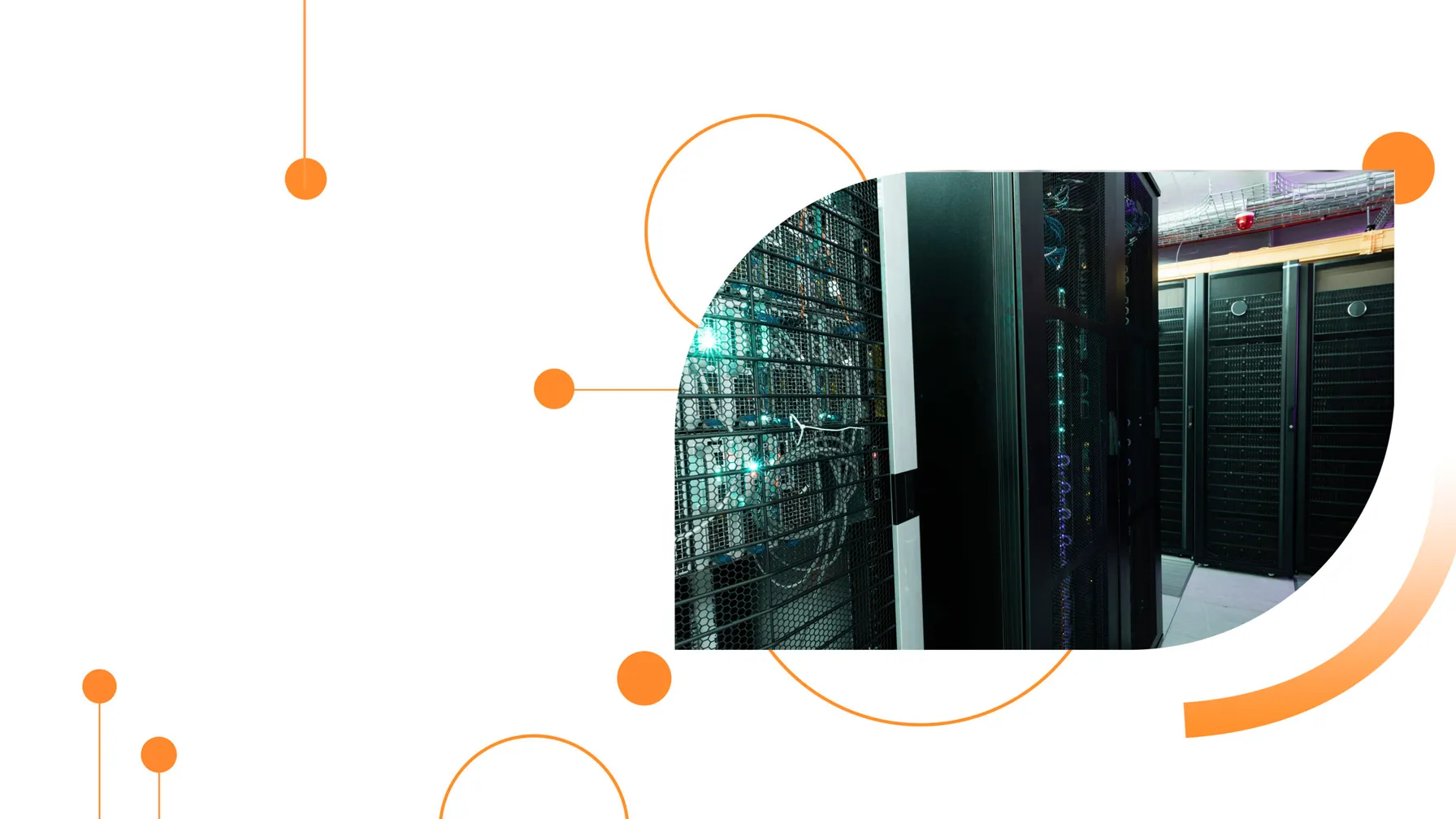-
 SupportServices
SupportServices
SERVICES
Support
At Cloudtech, our dedication to our clients’ success doesn’t stop after setting up their systems. We’re committed to providing ongoing support to ensure things run smoothly. We understand that businesses change, so our services are designed to adapt to our clients’ evolving needs.
Our support doesn’t end once the system is set up; it’s an ongoing partnership to ensure seamless operations. Our team is always available to help with questions, troubleshoot issues, and provide guidance, minimizing disruptions. Managed Services, a key part of our support, offers dedicated time to resolve problems promptly, giving our clients confidence in our ability to find solutions efficiently.


We also handle Change Requests, making system adjustments to meet evolving business goals. This proactive approach lets our clients swiftly align their systems with their changing needs, maintaining efficiency.
Additionally, we assist with system updates, ensuring our clients always have the latest features. Our active involvement in these updates ensures our clients benefit from the newest advancements, making the most of their systems.
Our unwavering commitment to continuous support, including system updates, demonstrates our dedication to building lasting partnerships focused on our clients’ growth and success in ever-changing business environments.

Change Request Form
CloudTech’s Change Request Form (CRF) service for
Oracle NetSuite clients ensures pre-launch modication
requests, enabling adjustments during implementation
and optimizing system performance for a smooth launch.

Enhancement Request Form
CloudTech’s Enhancement Request Form (ERF) service
caters to clients who have already launched their systems,
enabling them to request customizations or additional
services to effectively address their evolving needs.
Schedule a
Consultation Today!
Every system requirement is unique so scheduling a scoping meeting with us can help us provide the right solution for you.
Here are some of the key benefits you can expect when working with CloudTech:
- Evaluation of your current business processes
- Customized solutions tailored to your business needs
- Expert implementation, training, and ongoing support
- Proactive monitoring and maintenance to ensure your system runs smoothly
- Flexible pricing options to fit your budget.
Contact Us
Fill up the form and we will contact you immediately
Get in Touch
Your system requirements are important to us! Call us to schedule a consultation and get faster assistance.

Phone Number
+65 3105 1261

inquire@ogis-cloudtech.com

Map Street
